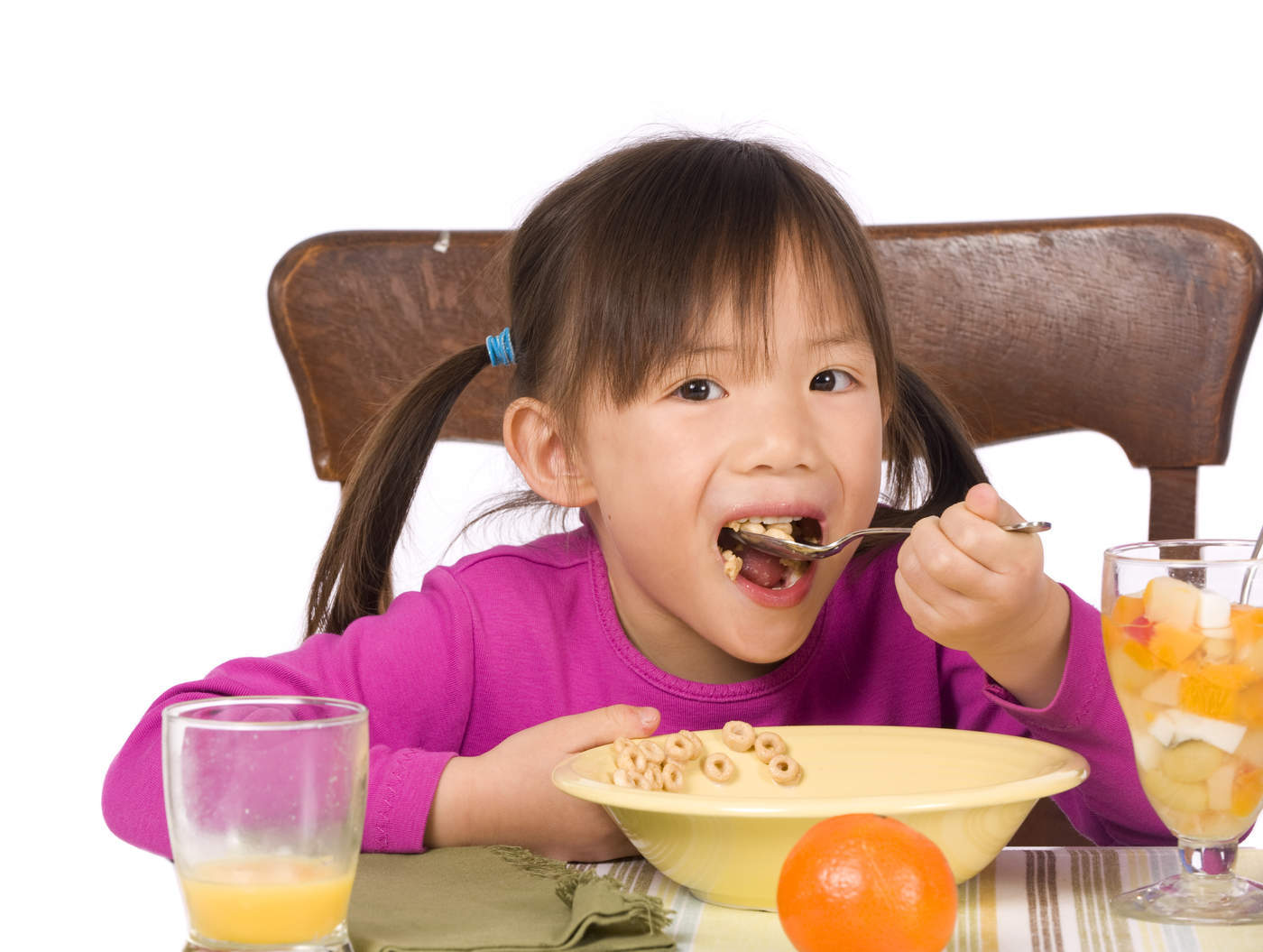Contents:
- Medical Video: Kids! Small Steps to a Healthy You
- Tips for preparing healthy snacks
- Some ideas for healthy snacks
Medical Video: Kids! Small Steps to a Healthy You
Your child needs small amounts of regular food, so snacks or snacks are an important part of a child's diet. Children have small stomachs and fast metabolism so they have to eat small portions of food and often to keep their stomachs empty. For your child, this means he must eat breakfast, lunch, dinner, plus one snack after breakfast, and one more snack after lunch.
As with all foods for your child — snacks must still be nutritious to help the growth and development of the body and mind.
Tips for preparing healthy snacks
- Look for healthy and whole food choices compared to processed foods. The choice of healthy snacks is low in fat, low in processed sugar, and other additives.
- Look for nutritious and filling snacks. When choosing snacks for your child, check the energy content (calories) and also the nutrients provided. Foods with high calorie content can be consumed by children as long as they are packed with good nutrition. Low glycemic index foods (fruits, vegetables), high protein foods (eggs, low-fat meat), and foods with good fats (avocados, nuts and fish) are good choices because they can make a child feel full in the time period long enough, so it's less likely for your child to eat too much. Conversely, processed foods that are full of additives (junk food) usually have high calories. These 'empty calorie' foods have almost no good nutrition and can have health problems for your child.
- Your child's appetite will vary from day to day. Toddlers and children have naturally fluctuating appetites that are affected by the growth cycle. To ensure snacks provide nutrients and energy without interfering with a child's appetite, you should plan snacks about 2 hours before meal time (not less than 1 hour).
- Make rules for eating while sitting. This can be a worthwhile challenge because it allows your child to focus on eating activities, enjoy the taste / texture of food, and get used to taking time to eat. It is also safer (reduces the risk of choking), is more social, and makes the eating experience more enjoyable.
- If possible, serve food on a plate so your child can see what and how much is eaten. Snacking from packaging can contribute to bad habits (eating while walking) and not conducive to developing food appreciation later.
- Keep snacks fresh in insulated lunch boxes.
- Plan ahead. Stock the kitchen, refrigerator, fruit stand, baby bag and car with only healthy snacks. This helps prevent the urge to eat too much sugary and fatty food. If only healthy alternatives are available, your child will choose these foods for snacks.
- Snacks that are too sweet and sticky can harm your child's teeth. Foods that can help produce saliva (such as vegetable stalks) are good because saliva is a natural defense from tooth decay. If your child likes sweet foods, replace processed sugar with natural sweeteners such as honey, maple syrup, fruit juice, or malt barley.
Some ideas for healthy snacks
- Raw fruits and vegetables: carrot / celery / cucumber sticks, cherry tomatoes, peas, grated salads and vegetables, vegetable juices (note the salt content), and soup. Fresh fruits, without added sweeteners and or frozen fruits.
- Dairy products: milk, yogurt, cheese, cottage cheese, cheese jam, and fruit / milk smoothies (made with yogurt)
- Meat and its alternatives: boiled eggs, cold low-fat meat, tuna, salmon, peanut butter, seeds (eg hummus).
- Bread and cereal: sandwich / bread roll / wrap, low sugar muffins, fruit bread, cereal, and popcorn.
The Importance of Snack for Your Child
Rated 5/5
based on 1155 reviews












